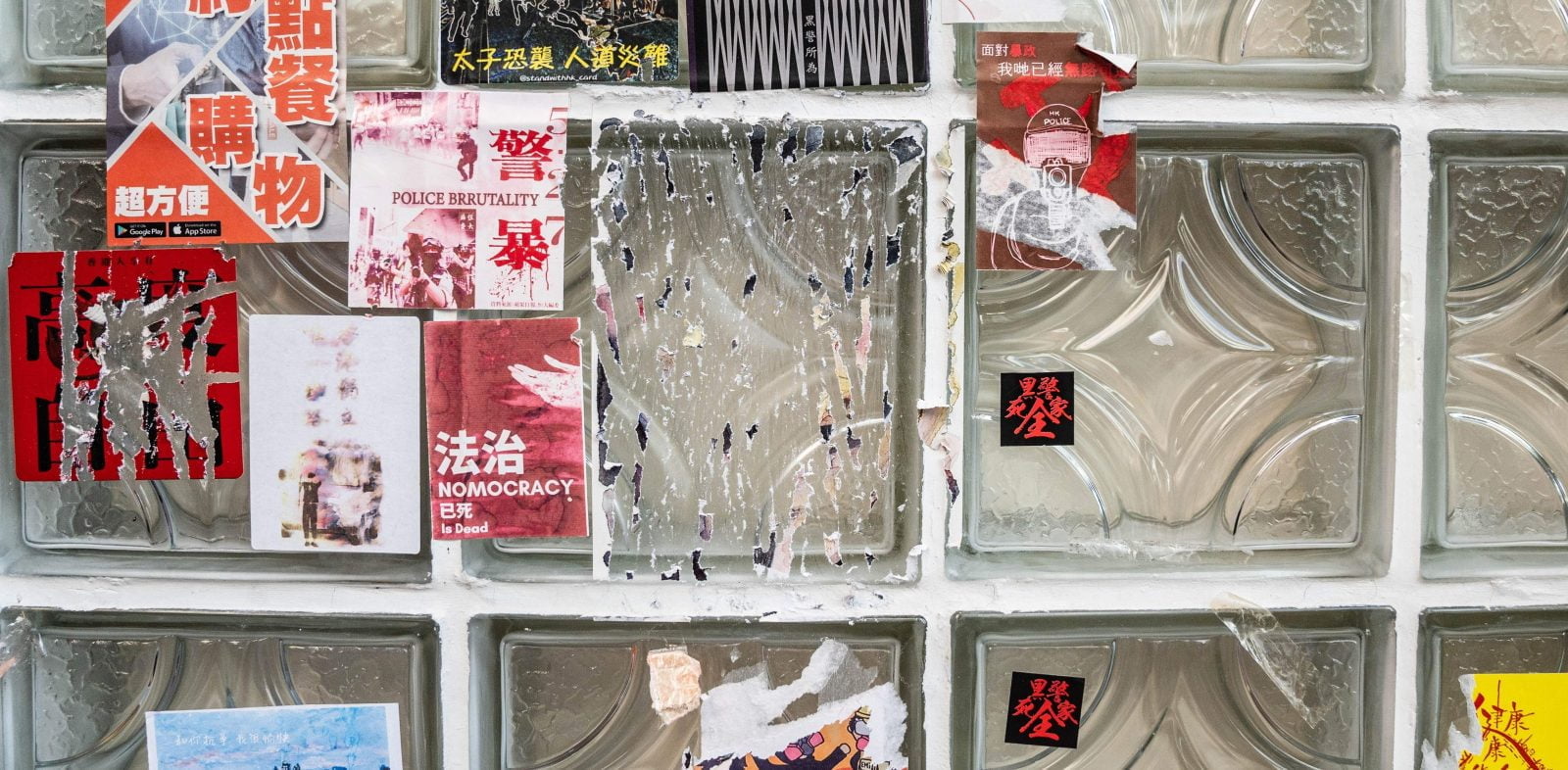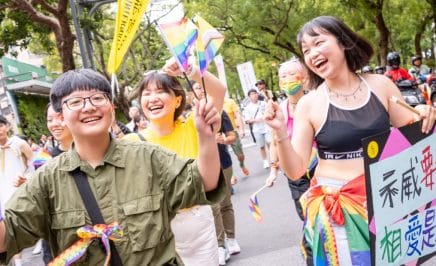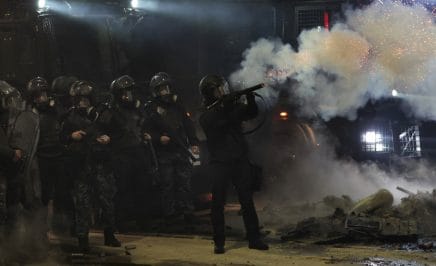Responding to the 14-month prison sentence handed to Hong Kong man Chu Kai-pong for wearing a “seditious” T-shirt and mask, Amnesty International’s China Director Sarah Brooks said:
“Just when you thought the human rights situation in Hong Kong couldn’t get any bleaker, a man is condemned to more than a year in prison just because of the clothing he chose to wear. This is a blatant attack on the right to freedom of expression.
“The conviction and sentencing of Chu Kai-pong over his choice of clothing also highlights the sheer malice of Hong Kong’s new Article 23 law, which expands the government’s powers to punish so-called ‘seditious’ acts.
“Chu Kai-pong is the first person convicted under this legislation, but its vague wording, vast scope and repressive nature leaves Hong Kongers fearing that he will not be the last. We once again urge the Hong Kong authorities to repeal this law.
“The government must also end its use of ‘sedition’ laws to crack down on dissent under the pretext of protecting ‘national security’. Chu Kai-pong has committed no internationally recognized crime and he must be released immediately.”
Background
Chu Kai-pong was today sentenced to one year and two months in jail for “doing with a seditious intention an act or acts that had a seditious intention” under section 24 of the Safeguarding National Security Ordinance (SNSO), the new national security legislation enacted in March 2024 based on Article 23 of the city’s Basic Law.
He is the first person charged, convicted and sentenced under the SNSO. He was arrested on 12 June 2024, the anniversary of the 2019 anti-extradition protests, for wearing a T-shirt bearing the 2019 protest slogan, “Liberate Hong Kong, Revolution of Our Times”, and a yellow mask printed with the letters “FDNOL”, the abbreviation of another protest slogan, “Five Demands, Not One Less”. He has already been detained for more than three months and denied bail.
He was also charged with two other offences – loitering and failure to produce proof of identity for inspection – but these were dropped after he pleaded guilty to the sedition charge.
According to section 24 of the SNSO, a person convicted of sedition can be imprisoned for seven years. If the sedition is conducted in collusion with an “external force”, the maximum sentence rises to 10 years. The offence was previously punishable by up to two years.
Hong Kong’s Legislative Council voted unanimously on 19 March 2024 to pass the SNSO under Article 23 of the Basic Law, Hong Kong’s mini-constitution. The SNSO increases penalties for acts relating to sedition and contains many troubling provisions, such as the vague and broadly worded crime of “external interference”.
According to Amnesty International’s records, 12 people have been arrested for sedition – and three charged – under the SNSO since its enactment.





